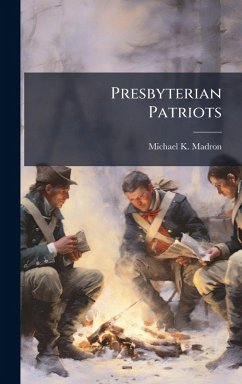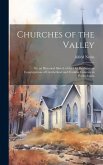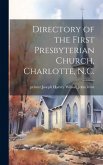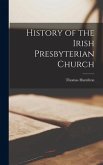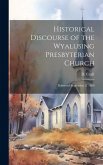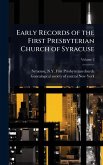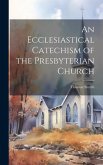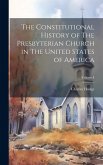This monograph examines the phenomenon of the disproportionate volunteerism of members of Delaware's Presbyterian Ulster-Scot community in the sole Regiment from Delaware to join the Continental Army. It posits Ulster-Scots represented a majority of the officer corps in Continental Regiment for two main reasons: shared cultural history of tyranny by the British, and an ideology that supported the concept of rebellion. This ideology was formed through the two main philosophies: republicanism and liberalism. Both of these ideologies supported and justified rebelling in philosophical terms, and supported their cultural antagonism to the British. This monograph asserts that the members of the Regiment came to know republican and liberal ideological perspectives as a result of two related venues: universities and churches. As members of Presbyterian congregations, the members of the Continental Regiment would have been exposed to, understood, and internalized the main concepts of republicanism and liberalism. These two aspects add context to the Regiment's motivation to fight, and provide lessons for modern military planners concerning combat planning and post-conflict governance by offering an example of the fidelity required for 'cultural understanding'; of opposing forces. This work has been selected by scholars as being culturally important, and is part of the knowledge base of civilization as we know it. This work was reproduced from the original artifact, and remains as true to the original work as possible. Therefore, you will see the original copyright references, library stamps (as most of these works have been housed in our most important libraries around the world), and other notations in the work. This work is in the public domain in the United States of America, and possibly other nations. Within the United States, you may freely copy and distribute this work, as no entity (individual or corporate) has a copyright on the body of the work. As a reproduction of a historical artifact, this work may contain missing or blurred pages, poor pictures, errant marks, etc. Scholars believe, and we concur, that this work is important enough to be preserved, reproduced, and made generally available to the public. We appreciate your support of the preservation process, and thank you for being an important part of keeping this knowledge alive and relevant.
Bitte wählen Sie Ihr Anliegen aus.
Rechnungen
Retourenschein anfordern
Bestellstatus
Storno

